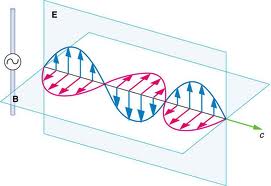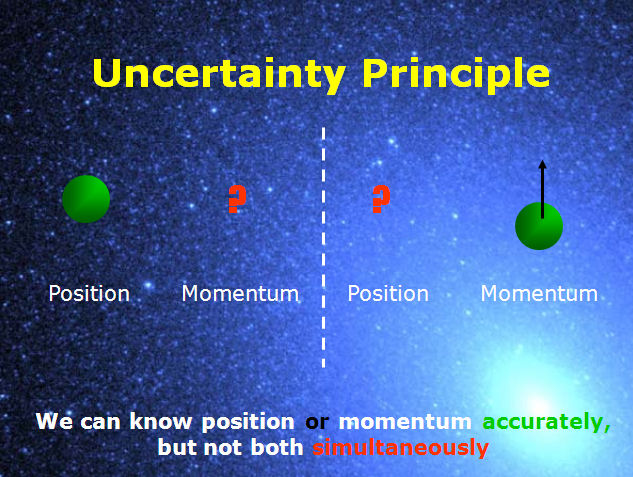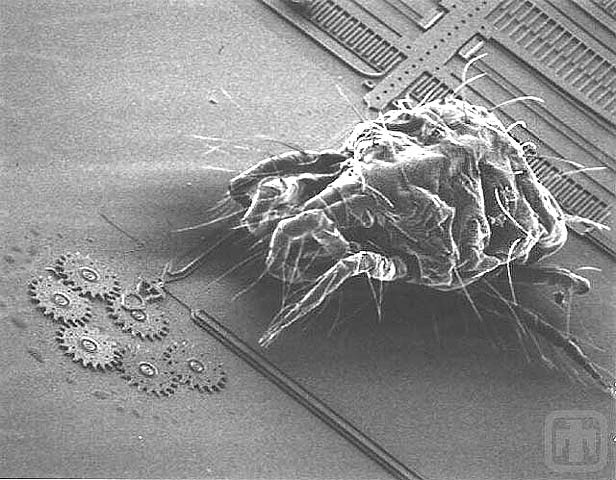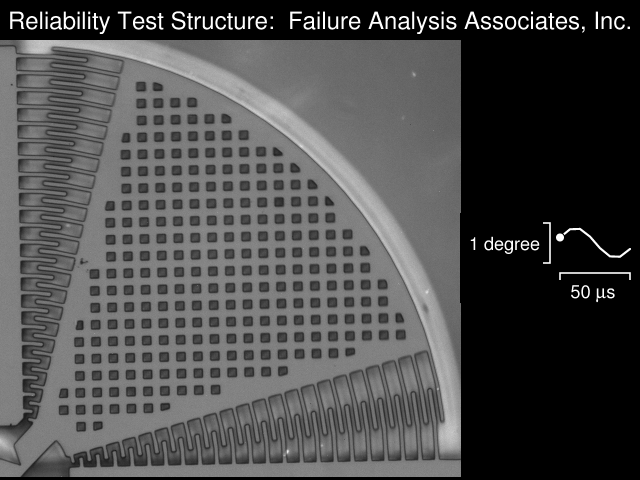The Casimir Force
Vacuum, Light, & Quantum Physics
![]() Starlight passing through vacuum of space consists of electromagnetic waves.
Starlight passing through vacuum of space consists of electromagnetic waves.
![]() Like position & momentum, electric and magnetic fields are subject to (Heisenberg) quantum uncertainty
Like position & momentum, electric and magnetic fields are subject to (Heisenberg) quantum uncertainty


![]() The quantum vacuum is thus a cauldron of fluctuating electric and magnetic fields.
The quantum vacuum is thus a cauldron of fluctuating electric and magnetic fields.
![]() H.B.G.
Casimir examined consequences of confining these fluctuations between plates, in
H.B.G.
Casimir examined consequences of confining these fluctuations between plates, in
"On the attraction between two perfectly conducting plates," Proc. K. Ned. Akad. Wet. 51, 793 (1948)
Quantum fluctuations of electromagnetic field in the vacuum lead to an attractive force, scaling with separation H as

Myriad of Fluctuation-Induced Forces
High Precision experimental verification
made possible by advent of scanning force microscopy in the 1990s, by several groups, including:
"Demonstration of the Casimir Force in the 0.6 to 6µm Range," (using a torsion pendulum)
S.K. Lamoreaux, Phys. Rev. Lett. 78, 5 (1997)

"Precision Measurements of the Casimir Force from 0.1 to 0.9µm," (using atomic force microscopy)
U. Mohideen and A. Roy, Phys. Rev. Lett. 81, 4549 (1998) (offline)
Technology applications
![]() Important in microelectromechanical systems (MEMS): micron-scale metallic machines
Important in microelectromechanical systems (MEMS): micron-scale metallic machines


"Quantum Mechanical Actuation of Microelectromechanical Systems by the Casimir Force,"
H. B. Chan, V. A. Aksyuk, R. N. Kleiman, D. J. Bishop, Federico Capasso, Science 291, 1941 (2001)

![]() Stiction due to the attractive Casimir force is a challenge to design and operation of MEMs
Stiction due to the attractive Casimir force is a challenge to design and operation of MEMs
"The role of the casimir effect in the static deflection and stiction of membrane strips in MEMS,"
F. Michael Serry, Dirk Walliser, and G. Jordan Maclay, J. Appl. Phys. 84, 2501 (1998)
"Stiction, adhesion energy, and the Casimir effect in micromechanical systems,"
E. Buks and M. L. Roukes, Phys. Rev. B 63, 033402 (2001)